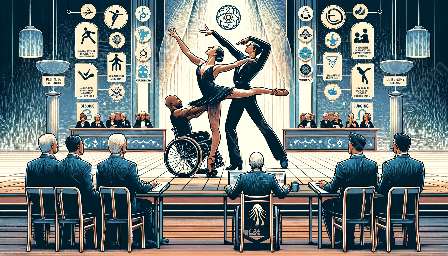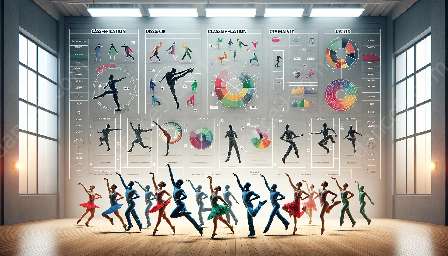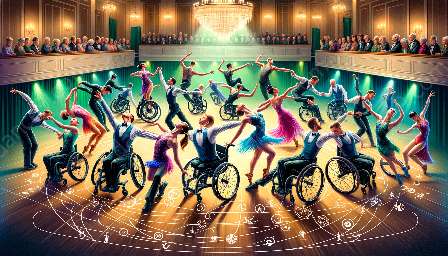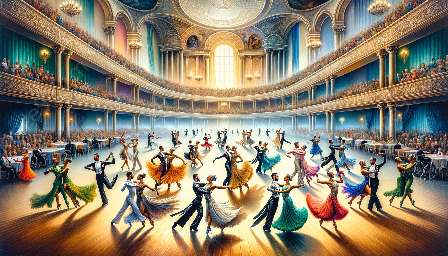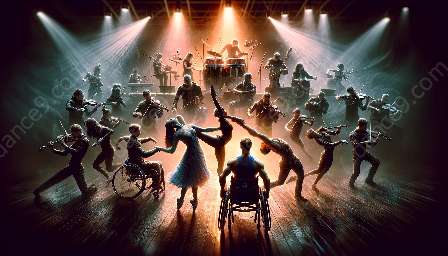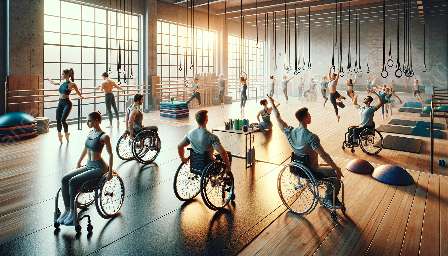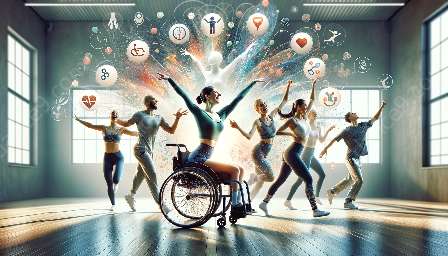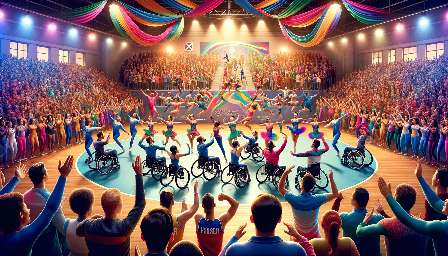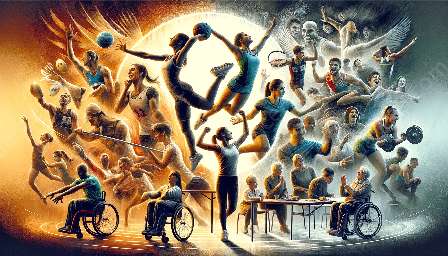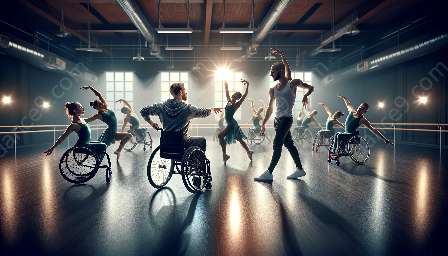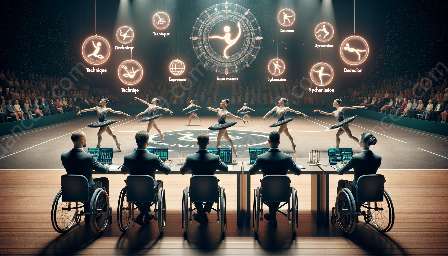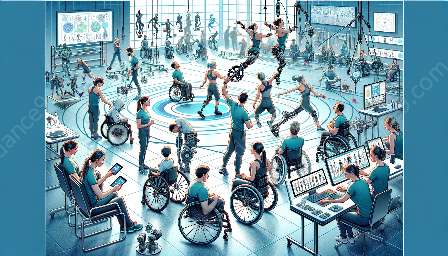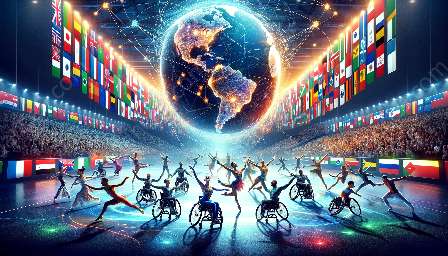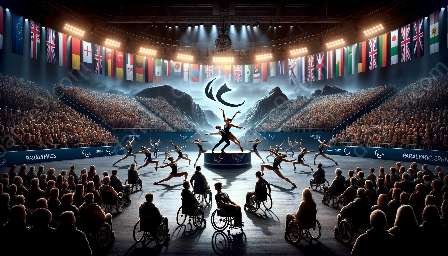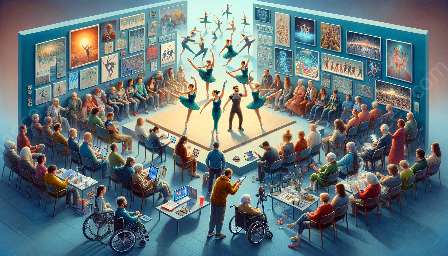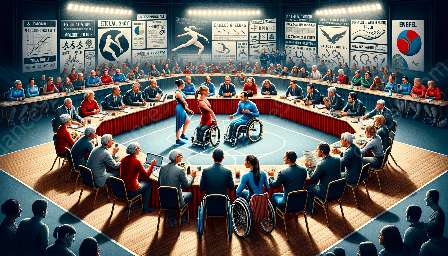Para Dance Sport is an exciting and physically demanding sport that requires a comprehensive approach to nutrition and dietary guidelines in order to support the athletes' performance, recovery, and overall well-being. In this article, we will explore the specific nutritional requirements and dietary guidelines for Para Dance Sport athletes, and how these guidelines intersect with training and conditioning for this sport, as well as their impact on performance at the World Para Dance Sport Championships.
Nutritional Requirements for Para Dance Sport Athletes
Proper nutrition is essential for Para Dance Sport athletes to meet the demands of their training, competition, and recovery. The following key nutritional requirements should be taken into consideration:
- Energy Requirements: Para Dance Sport athletes need to consume sufficient calories to meet the demands of their training and maintain optimal body weight and composition. Energy requirements can vary based on the athlete's age, gender, body composition, and physical activity level.
- Macronutrients: Carbohydrates, proteins, and fats are essential macronutrients that play a crucial role in fueling performance, supporting muscle recovery, and maintaining overall health. Adequate intake of each macronutrient is necessary to support the training and conditioning needs of Para Dance Sport athletes.
- Micronutrients: Vitamins and minerals are important micronutrients that contribute to various physiological processes within the body, including energy production, bone health, and immune function. Para Dance Sport athletes should ensure they are consuming a well-balanced diet that provides essential micronutrients.
- Hydration: Proper hydration is vital for optimal performance and recovery. Para Dance Sport athletes need to maintain adequate fluid balance to support thermoregulation and replace fluids lost through sweat during training and competition.
Dietary Guidelines for Para Dance Sport Athletes
In addition to meeting their specific nutritional requirements, Para Dance Sport athletes should adhere to dietary guidelines that support their overall health and performance. Some key dietary guidelines include:
- Meal Timing and Composition: Para Dance Sport athletes should focus on consuming balanced meals and snacks that provide a combination of carbohydrates, proteins, and fats to meet their energy needs and support recovery. Timing of meals and snacks should align with training sessions and competition schedules.
- Optimizing Carbohydrate Intake: Carbohydrates are the primary fuel source for physical activity, and Para Dance Sport athletes should prioritize carbohydrate-rich foods to fuel their training and optimize glycogen stores for performance.
- Protein Intake for Recovery: Adequate protein intake is crucial for muscle repair and recovery. Para Dance Sport athletes should aim to include protein sources in each meal and snack to support their training and conditioning needs.
- Hydration Strategies: Para Dance Sport athletes should develop personalized hydration strategies to ensure they are adequately hydrated before, during, and after training and competition. Monitoring urine color and body weight can help athletes gauge their hydration status.
Integration with Training and Conditioning
The nutritional requirements and dietary guidelines for Para Dance Sport athletes are closely integrated with their training and conditioning programs. Proper nutrition plays a vital role in supporting the physical demands of training, optimizing performance, and enhancing recovery. Coaches, sports nutritionists, and other members of the athlete's support team collaborate to ensure that the dietary strategies align with the training and conditioning programs to maximize the athlete's potential.
Performance at the World Para Dance Sport Championships
Optimizing nutrition and adhering to specific dietary guidelines can significantly impact the performance of Para Dance Sport athletes at the World Para Dance Sport Championships. Proper fueling and hydration strategies, along with effective recovery practices, can contribute to enhanced physical performance, mental focus, and overall well-being during the championship event.
In conclusion, understanding the nutritional requirements and dietary guidelines for Para Dance Sport athletes is essential for optimizing their performance, supporting their training and conditioning needs, and maximizing their potential at the World Para Dance Sport Championships.


